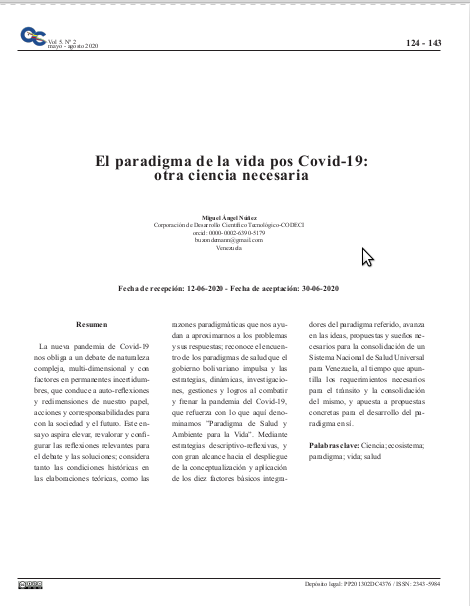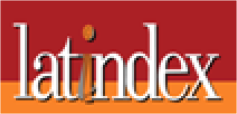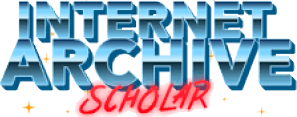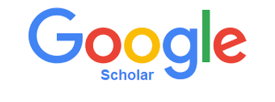The Post-Covid-19 Life Paradigm: Another Necessary Science
Keywords:
Science, ecosystem, paradigm, life, healthAbstract
The new Covid-19 pandemic forces us to a debate of a complex, multi-dimensional nature and with factors in permanent uncertainties, which lead to self-reflections and re-dimensions of our role, actions and co-responsibilities towards society and the future. This essay aims to raise, re-evaluate and configure the reflections relevant to the debate and solutions; it considers both the historical conditions in the theoretical elaborations and the paradigmatic reasons that help us to approach the problems and their answers; recognizes the meeting of the health paradigms that the Bolivarian government promotes and the strategies, dynamics, investigations, efforts and achievements, in fighting and stopping the Covid-19 pandemic, which reinforces with what we call the "Paradigm of Health and Environment for Life". Through descriptive-reflective strategies, and with great scope towards the deployment of the conceptualization and application of the ten basic factors integrating the referred paradigm, it advances in the ideas, proposals and dreams necessary for the consolidation of a National Universal Health System for Venezuela, at the same time that it outlines the necessary requirements for its growth and consolidation, and sets out concrete proposals for the development of the paradigm itself.
Downloads
References
Barros, P. (2018). Acceso universal a la energía: mucho más que electricidad. Recuperado en: https://www.bancomundial.org/es/news/feature/2018705/18/susteainable-development-gola-7-energy-access-all
Boff, L., Hathaway, M. (2014). El Tao de la Liberación Una Ecología de la Liberación. España: Ed. Trotta
Capra, F. (2002). Las concesiones ocultas. Implicaciones sociales, medioambientales, económicas y biológicas de una nueva visón de mundo.España: Humanities
Capra, F. (2007). Ecoalfabeto, el huerto en la casa. El desafío de la educación del siglo actual. The Center for Ecoliteracy. Recuperado en: http://ecoliteracy.org.
Carballo, R. V. (1976). Salud y Ambiente. Centro de Estudios Integrados del Ambiente, Facultad de Arquitectura. Caracas: Universidad Central de Venezuela
Franco, P. Remigia (2019). Encuentro entre los paradigmas tradicionales socio-médicos y Contemporáneos Biomédicos; ¿es posible? Revista Venezolana de Salud Pública, Vol 7, Num. 1 35-44 Universidad Centroccidental Lisandro Alvarado
Barquisimeto, Venezuela. Recuperado en: https://revistas.ucla.edu.ve/index.php/rvsp/article/view/218.
Forbes, (2020). La fortuna personal de 8 multimillonarios del mundo. Recuperado en: https://megaricos.com/2020/03/10/la-fortuna-personal-de-estos-8-multimillonarios-representa-la-mitad-de-la-riqueza-de-la-poblacion-mundial/
Food Agriculture Organization, FAO (2016). Pérdidas y Desperdicios de Alimentos. Recuperado en: www. fao.org. Infographics. www.fao.org/platform_food-loss-easte/es/.
International Geosphere-Biosphere Programme, (2015). Great Accelerations. Recuperado en:
www.igbp.net/globalchange/greatacceleration.4.1b8ae2051db692f2a68.
Ley Plan Patria 2019-2025 de Venezuela. Observatorio Regional de Planificación para el desarrollo. Recuperado en: https://observatorioplanificación.cepal.org/es/planes/plan-de-la-patria-2019-2025 de Venezuela
Kuhn, T. (1990).La estructura de las revoluciones científicas. México: Fondo de Cultura Económica.
Mahler, D., Lakner C., (2020). El efecto COVID-19 en la pobreza mundial. Recuperado en: https://atalayar.com
Meadows, D. (1999). Leverage Points: Place to intervene in a System, Sustainability Institute, Asheville, USA. Recuperado en: https://www.sustainer.org/pubs/Leverage_Points.pdf
Morín, E. (1984). El Método 2: La vida, Cátedra: Madrid 412-454, Id Ciencia con Conciencia. España: Anthropos.
Nuñez, M.A. (2020) Venezuela y los cambios climáticos. Recuperado en: https://www.tatuytv.org/opinion-venezuela-y-los-cambios-climaticos/
Organización de Naciones Unidas, (2019) Más de 829 millones de personas pasan hambre y unos 2000 millones sufren su amenaza. Recuperado en: https://news.un.org/es/story/2019/07/1459231.
Organización de Naciones Unidas, (2015). Escasez de agua. Decenio Internacional para la Acción “El agua fuente de vida” 2005-2015. Recuperado en: https//www.un.org/spanish/waterforlifedecade/ scarcity.shtml
Rodríguez, J.L. (1981). Salud humana y ambiente. Antología Conservacionista del Estado Sucre, Cumaná, Venezuela.
Wilber, H. (1991). El Paradigma holográfico. España: Kairos,
Wilson, E. O (1994). La Diversidad de la vida, crítica. Grupo Grijalbo: Barcelona, España

Downloads
Published
How to Cite
Issue
Section
License
Copyright (c) 2023 Miguel Ángel Núñez

This work is licensed under a Creative Commons Attribution-NoDerivatives 4.0 International License.







